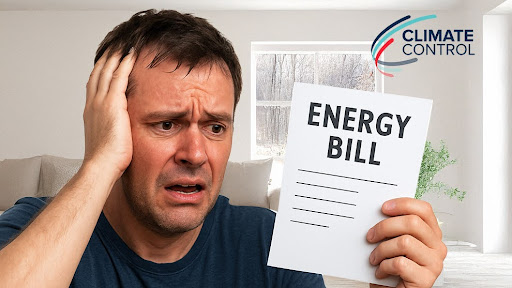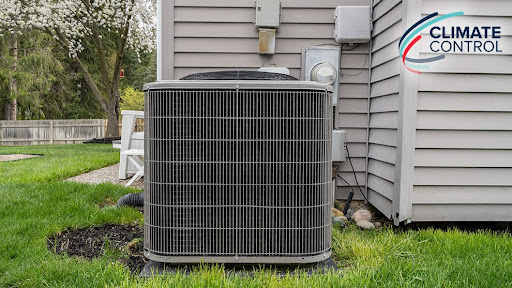Most home heating bills include standard components such as meter reading dates, recipient address, payment date and so forth. These components are straightforward and easy to understand. Some of the charges on your home heating bill may not be so easy to understand. Taking the time to learn how to read the bill can prove helpful when it comes to finding ways to save energy.
You will generally see the term CCF, or 100 cubic feet, on your home heating bill. This is the standard unit used to measure consumption of natural gas. Other usage terms utilized may include British Thermal Units (BTUs), or therms, short for thermal unit.
Other terms commonly used include:
- Expected gas cost – Gas prices fluctuate significantly from day to day. As a result, utility companies base charges on an estimate of what gas prices will be. The expected gas cost, therefore, is the cost estimate your utility company has decided upon for the upcoming billing cycle.
- Gas cost recovery – This charge includes costs incurred by the utility for purchasing the gas and delivering the product to its facility. As a separate charge, this cost allows the utility to recover any charges over or above actual costs included in the last billing cycle.
- Gas usage charge – Often, utility companies will combine several charges under this category, including a transportation charge, taxes and so forth.
- Base usage – Gas companies are required to estimate a household’s baseline usage, and then charge its lowest rate for this amount. You’ll see other line items for usage, charging you higher rates as consumption increases.
With this information in hand, homeowners can begin whittling away at high energy costs by tracking usage and employing these tips:
- Lowering the home’s heating load. The less heating your home requires, the lower your energy bills. Projects such as upgrading insulation and sealing air leaks in the home’s exterior lower the load.
- Using less gas. Limiting gas consumption as much as possible will keep your usage within the lowest cost range, and encourage savings.
In Western Colorado, contact Climate Control Company today for help lowering your home heating bill.
Our goal is to help educate our customers in Aspen, Vail and the surrounding Western slope communities in Colorado about energy and home comfort issues (specific to HVAC systems). For more information about home heating bills and other HVAC topics, please visit our website.
Image courtesy of Shutterstock






